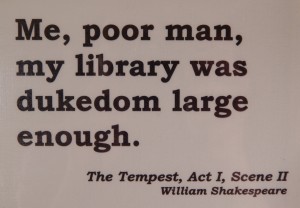PREFACE
Everyone’s life is a history book that tells an individual human experience story divided into three parts: childhood, adulthood, and elderhood. Each part has many chapters that contribute to the development of the main character. Below follows a brief summary of the book of Sebastian de Assis‘ life and how the character has been evolving as he leafs through the pages of time toward the epilogue.
CHILDHOOD
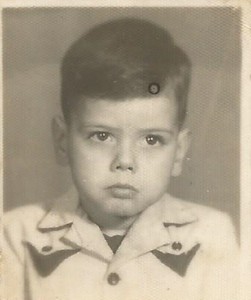
It started out very roughly, but a similar circumstance happened to Siddhartha Gautama and he became enlightened. Like Siddhartha’s, Sebastian‘s mother died shortly after giving birth to him. Although he’d hoped that growing up motherless would inoculate him against the worldly virus of suffering (duhkha), soon he realized that the road got bumpier along the highway of time.
Troubled by the challenges of his time and inspired by the radical deeds of his generation’s cohorts, by the time he reached puberty, he was a long-haired adolescent experimenting with mind-altering substances and a rebellious teenager ready to start a revolution. But as soon as he became aware that the socioeconomic political system—or The Beast as he used to call it—was a behemoth he could not defeat, he decided to set out an internal revolution within himself in the pursuit of self-empowerment in the face of circumstantial powerlessness. Thus, like the noble Prince Siddhartha who forsook luxurious living to pursue the truth about life in the outside world, Sebastian left the comfort of his father’s home and went out in order to get in.
ADULTHOOD
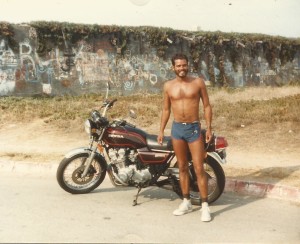
It was during a long turbulent phase in his youth that he decided to sell all his belongings (at that time they comprised of his books, two surfboards, a stereo and Vinyl LP collection, and “Magdalen,” his beloved motorcycle that he rode with great pleasure) to purchase a one-way airfare ticket out of the country. He was determined to embark on an international adventure in which his desired destination was self-discovery.
After many years traveling through Europe, South and North America, Africa, and throughout the United States doing a bevy of odd jobs in order to keep moving, he eventually ended up in Hawaii where he settled down and resumed his traditional schooling (in his writings on education he emphasizes the distinction between schooling and education). He went on to earn advanced academic degrees in order to add status to his comprehensive self-didactic education.
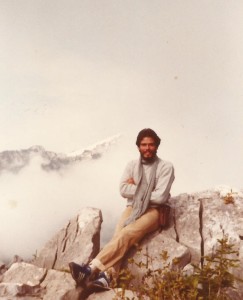
Well into his 30s with a family and a thriving career in education, he decided to move to the U.S. mainland where there were more opportunities than in the sleepy upcountry town of Makawao, Maui, where he lived. However, going from the lush Hawaii to the barren deserts of New Mexico was a traumatic experience. It was a matter of time for his returning to the green environment he desperately needs for his well being. Albeit not quite like Hawaii (there’s no place like the islands), he headed to the Pacific Northwest where he still lives, happily.
MATURE ADULTHOOD
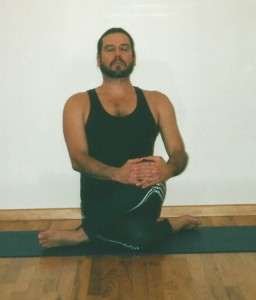
Once he reached the half-century milepost of his journey on this beautiful planet, he realized that there was a detour on the highway of time leading him to the exit of disappointment. In spite of his many years traveling the world, voracious readings, dedicated studies, and higher education schooling–all of which led to great accumulation of both empirical and intellectual knowledge–he learned the meaning of what the great ancient Greek sage, Socrates, said at the height of his wisdom: “All that I know is that I don’t know anything.”

Suddenly, his life’s ambition of becoming a man of knowledge was shattered by the awareness of his ignorance. Soon he realized that becoming a wise man was the perennial pursuit of the impossible, for the more he learned the more he realized how far away he was from achieving the coveted goal. Like Socrates, his knowledge of not knowing was all he knew.
Then, an epiphany occurred: if it’s impossible to know it all, much less memorize everything he learned, the only other viable alternative is to become knowledge itself; that is, to turn it into self-empowerment through the experience of being. And as time speeds by toward the great mysterious exit of his earthly journey, self-empowerment has become the only meaningful purpose of his learning experience.
As he goes forth toward the latter years of his life, he’s become aware that it’s in the complex simplicity of The Tao (The Way) that he finds the foundation upon which to build his inner strength. And since he fancies himself to be an alchemist of self-transformation, then The Tao is the Philosopher’s Stone that allows him to turn the lead of fear into the gold of self-empowerment.
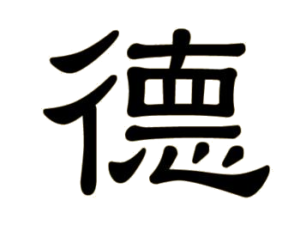
THE SNAPSHOT

Sebastian de Assis has traveled extensively through Europe, South and North America, Africa, and the United States. He has lived and worked in Switzerland, Spain, Portugal, Gibraltar, and Brazil. A current resident of the State of Oregon, he’s lived in California, New Mexico, and Hawaii where he spent what he deems to be “the best ten years of his life.”
A graduate of the University of Hawaii and California State University, he is a bona fide expert in cross-cultural communications, multiculturalism, and promoting diversity. He is fluent in Spanish, Portuguese, and French.
Classifying himself as a “bibliophile extraordinaire,” he asserts, without a modicum of doubt, that his books are his most valuable worldly possessions. When he is not reading in his personal library, or writing while listening to J.S. Bach or Miles Davis, he is probably on the tennis court competing with the same passion he devotes to everything he engages in.
